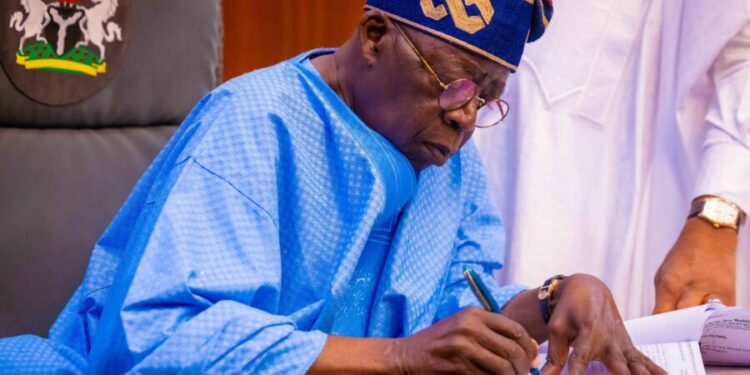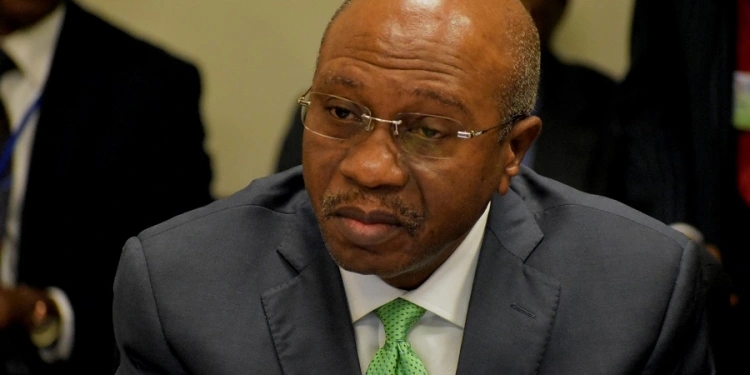Following the move by the National Economic Council (NEC) not to use the social register from the previous administration, led by Muhammadu Buhari, for the implementation of its conditional cash transfer program due to credibility issues.
The Nigerian government announced it is working closely with development partners to strengthen the National Social Registry (NSR) to make it serve as a single database for poverty reduction interventions.
This was disclosed in a statement by Sen. George Akume, Secretary to the Government of the Federation (SGF) on Tuesday in Abuja.
Social register
Represented at the event by Mrs. Esuabana Asanya, the Permanent Secretary, Political and Economic Affairs, SGF’s office, he said the move ensures that the social register reflects the true poverty and vulnerability profile in Nigeria that would support effective targeting of interventions.
Akume also noted that poverty and vulnerability remain pressing challenges in the country, saying that the advent of the Coronavirus has aggravated the problem, citing the current data indicating that 63% of Nigeria’s population “is multi-dimensionally poor”, of which about 70% constituted children.
- “Women, children, and persons with disabilities are among the most vulnerable groups facing poverty, ill-health, and economic shocks.
- “This setback emphasizes the urgency to strengthen our efforts in mitigating these issues and improving the lives of millions of Nigerians,” he said.
Dialogue and objectives
Akuma added that the Social Protection Development Partners group, in partnership with the Federal Government, is seeking ways to address the challenge, citing the primary objective was to develop a common understanding of poverty and vulnerability in Nigeria and identify key indicators for measuring them.
- “At the end of the meeting, we will develop a shared understanding of poverty and vulnerability in Nigeria among all relevant stakeholders, including government officials, civil society organizations, and development partners.
- “This common understanding will pave the way for more coordinated and efficient policy design and program implementation.
- “The meeting will equally help us to identify key indicators for measuring poverty and vulnerability in Nigeria and how to align them with a nationally agreed measure.
- “By establishing these indicators, we will enhance our ability to accurately assess poverty levels and progress over time, leading to better-informed decision-making processes,” the SGF said.
What you should know
The National Economic Council (NEC) last week decided not to use the social register from the previous administration, led by Muhammadu Buhari, for the implementation of its conditional cash transfer program due to credibility issues.
Instead, the council suggested a cash transfer program for states using their social registers and a six-month cash reward system for public servants.
This resolution emerged from a lengthy meeting at the state house on Thursday between the Vice-President, thirty-six state Governors, a representative of the Governor of the Central bank, and other co-opted government officials.















